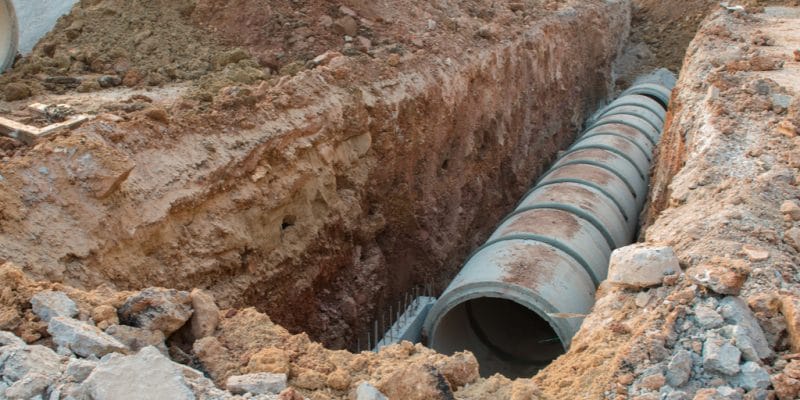The Board of Directors of the African Development Bank (AfDB) Group has decided to finance a major rural sanitation project in the Luxor Governorate in the Upper Nile region of Egypt.
The Integrated Rural Sanitation Project in Upper Egypt, Luxor (IRSUE-Luxor), has recently received substantial financing from the African Development Bank (AfDB), whose Board of Directors has approved a loan of €108 million and a grant of €1 million.
According to the pan-African financial institution, the grant was awarded under the Rural Water Supply and Sanitation Initiative (RWSSI). The initiative is also supported by bilateral and multilateral agencies, governments, African communities and the RWSSI Trust Fund (RWSSI-TF).
The purpose of RWSSI is to support projects and programmes in the rural water and sanitation sector by financing investment operations, strengthening sector processes and systems, as well as advocacy and knowledge building. In Egypt, the supported project is expected to boost access to sanitation in rural areas of Luxor governorate.
New sanitation infrastructure in villages
IRSUE-Luxor “aims to increase wastewater coverage in the region from 6% to 55%, thereby improving the quality of life of citizens, especially women and children, who are most affected by poor sanitation,” says the AfDB.
To achieve this result, new communal sanitation facilities will be built in 11 villages in Esna and El-Tood districts. In these rural areas, 11 sewerage systems will be constructed, with sizes ranging from 200 to 900 mm in diameter. They will be supplemented by pipelines and pumping stations.
The sewerage networks will be connected to two sewage treatment plants. The first, with a capacity of 22,000 m3/day, will be located in Keman El Matana. It will handle wastewater collected via the sewerage networks of five villages, namely : Keman, Asfoun, Alghryrah, Tafneis and Halfa 3. Another wastewater treatment plant will be built in Al-Tood. With an expected capacity of 13,000 cubic metres per day, it will serve the Alshaghab, Elmalla, El Dabayba, Altoot Gharb, Alodysat Quebly and Alodysat Bahry villages.
The new facilities will also benefit the satellite localities located around these villages. Wastewater produced by households in these localities will be collected by vacuum trucks. The Egyptian government estimates that the project will directly affect 170,000 people. However, the capacity of the facilities should make it possible to keep pace with population growth in this part of Egypt. Thus, in the 11 villages and satellite localities concerned by IRSUE-Luxor, the population is expected to increase from 171,000 people at present to 288,000 people in 2040.
Jean Marie Takouleu







